Imagine a world where the internet giants we know today – Google, Facebook, Instagram, WhatsApp – are forced to share their dominance with new players. It’s a prospect that might seem like science fiction, but it’s a reality that could become a harsh truth if antitrust regulators have their way.
In recent weeks, tech enthusiasts and investors alike have been gripped by the news that Google has lost its adtech trial, marking a significant shift in the balance of power within the tech industry. But this is not just about Google – it’s about the broader implications for the entire ecosystem.
**The Google Ruling: A New Era Dawns**
In a landmark ruling, the US Department of Justice (DOJ) has ordered Google to divest its adtech business, concluding that the company had illegally maintained a monopoly in the online advertising market. The decision marks a significant victory for antitrust regulators and could pave the way for more competition in the digital landscape.
But what does this mean for the average consumer? For starters, it could lead to better prices and a wider range of options when it comes to online advertising services. It also sends a strong message that big tech companies are not above the law and that their dominance is not without consequences.
**Meta’s Turn: The FTC v. Meta**
Meanwhile, Facebook’s parent company, Meta, is facing its own antitrust trial, with the Federal Trade Commission (FTC) accusing it of abusing its market power to stifle competition. The case centers on Meta’s acquisition of Instagram and WhatsApp, which the FTC claims has allowed the company to dominate the social media landscape.
The trial has been marked by dramatic exchanges between Meta CEO Mark Zuckerberg and regulators, with Zuckerberg defending his company’s actions as necessary for innovation and growth. But will this defense hold up in court? Only time will tell.
**The Implications of Antitrust Regulation**
So what does all this mean for the tech industry as a whole? For starters, it could lead to a more level playing field, where smaller companies are given a fair chance to compete with the giants. It also sends a message that regulators are taking the concerns of consumers and competitors seriously.
But there are also potential downsides to consider. Antitrust regulation can be a double-edged sword – while it may promote competition, it could also stifle innovation by limiting the ability of companies to make strategic acquisitions or investments.
**The Rise of OpenAI: A New Social Network on the Horizon**
In other tech news, OpenAI has announced plans to launch a social network that could rival X and become the go-to platform for users looking to express themselves online. The company is known for its cutting-edge AI technology, which has been used in applications ranging from language translation to content creation.
The new social network promises to be a game-changer – with features like AI-powered chatbots and advanced content recommendation algorithms. But will it be able to compete with the established players?
**Microsoft’s Ambitions: The Switch 2**
Finally, Microsoft is making waves in the gaming industry by announcing its plans to create a successor to the Nintendo Switch. The new console promises to offer improved performance, enhanced graphics, and a range of innovative features that could give Sony and Nintendo a run for their money.
But what does this mean for gamers? Will the Switch 2 be able to live up to the hype?
**Conclusion: A New Era for Big Tech**
In conclusion, the tech industry is on the cusp of a major transformation – one that will require big tech companies to adapt and innovate in order to stay ahead of the curve. Whether it’s through antitrust regulation, new product launches, or strategic partnerships, the future is uncertain but full of possibilities.
As we look to the horizon, one thing is clear: the battle for dominance has never been more intense – and it’s up to us to shape the future of tech.

